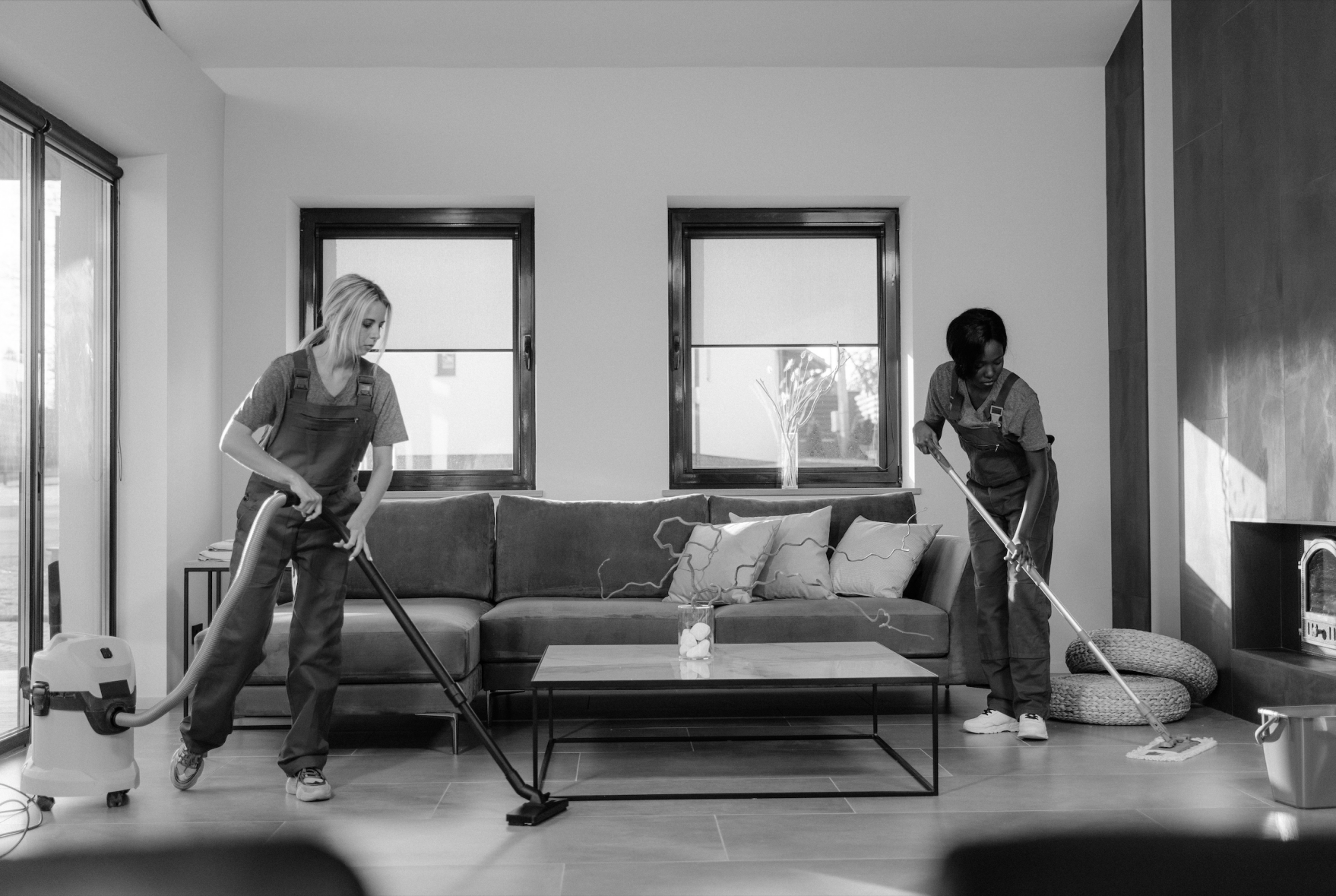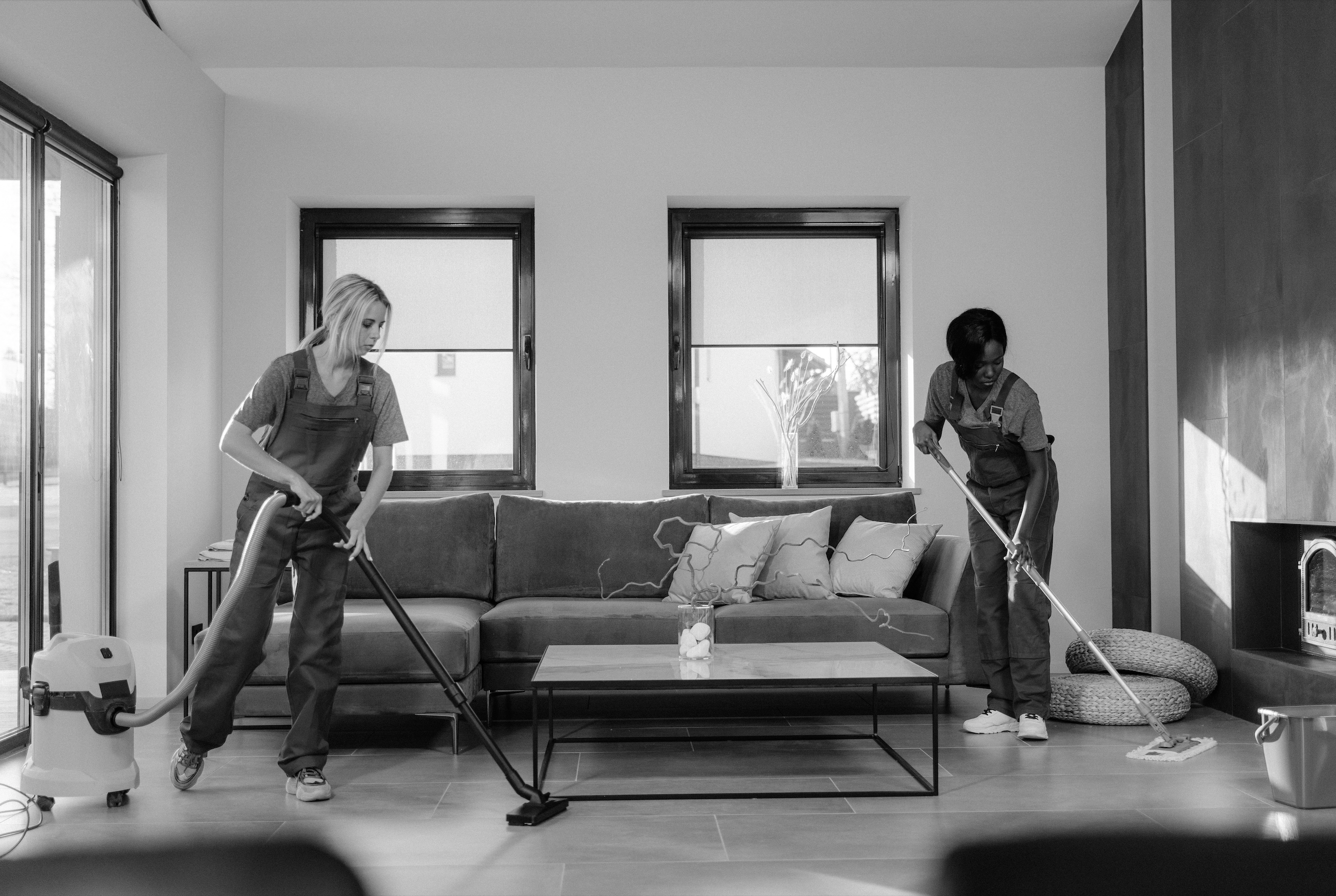Discrimination protections for domestic workers approved, to be sent to governor

A bill to protect thousands of domestic workers from employment discrimination passed its final vote in the state legislature Monday.
House Bill 1367 is now being sent to Gov. Jared Polis for final consideration.
If signed into law, the legislation would expand the Colorado Anti-Discrimination Act to cover employees who work for private households, such as cleaners, gardeners, nannies or elderly care takers. The bill would also extend the time to file a claim with the Civil Rights Commission from 180 to 300 days and increase damages that can be recovered in age discrimination cases.
“Having some basic protections for domestic workers is incredibly important,” said Sen. Faith Winter, D-Westminster, who is sponsoring the bill. “Workers are often in power dynamics where they are more easily harassed, more easily discriminated against and treated badly. That power dynamic is even more when you are walking into someone’s home.”
The Colorado Anti-Discrimination Act makes it illegal for employers to discriminate against an employee for disability, race, sex, sexual orientation, religion, age and nationality. If the bill were enacted, the state estimates it would result in around 200 additional discrimination complaints filed each year.
Senators passed the bill Monday in a 20-15 vote, with all Democrats in support and all Republicans in opposition. The House passed the bill in a similar 40-23 party line vote last month.
Republican lawmakers described hiring domestic workers as a private decision that the state should have no hand in, arguing that employers should be allowed to take factors like sex, religion and nationality into account when hiring workers.
“My mother has a particular set of views, she has a particular religion, she’s 93 years old, she’s set in her ways. I’m not going to hire just anybody,” said Sen. Bob Gardner, R-Colorado Springs. “(Under the bill,) I can’t put an ad in the newspaper for a caretaker for my mom that says, ‘Wanted: Reliable older woman with good Christian values.'”
The bill drafters said sex, age and religion in some cases are bona fide occupational qualifications already protected by state statue and existing case law. They also passed an amendment to the bill specifying that it would not be discrimination to consider sex when hiring an employee for childcare-related work.
Though opponents argued the bill would leave home employers vulnerable to lawsuits, supporters of the bill said it is the workers who need protection.
“The reason domestic workers are left out of our employment laws is based on our country’s history of white supremacy,” Winter said. “They tend to be low-income women of color, some of the most vulnerable people in our society.”
The Colorado Women’s Bar Association said the historical decision not to include domestic workers in employment protections was intended to exclude industries where recently emancipated enslaved people worked in at the beginning of the Jim Crow Era.
In 2020, 2.2 million people worked as domestic workers in the U.S. – 91.5% of whom were women and 52.4% of whom were people of color, according to a report by the Economic Policy Institute. Domestic workers are also disproportionately older, foreign-born and living in poverty.













